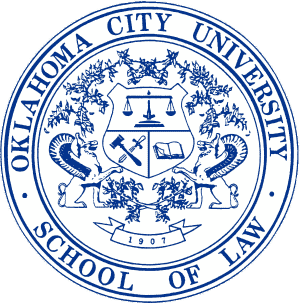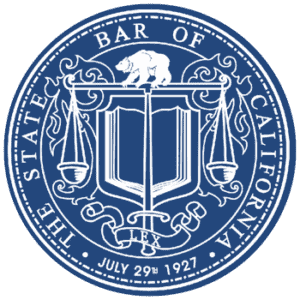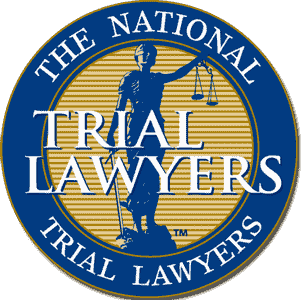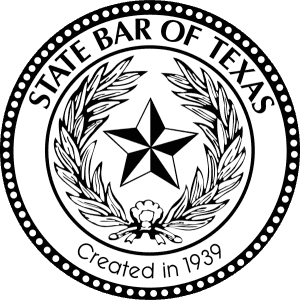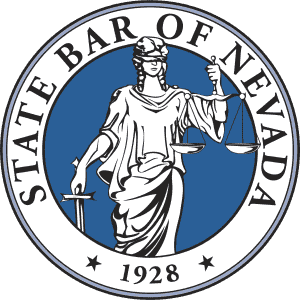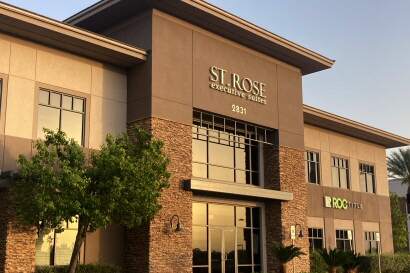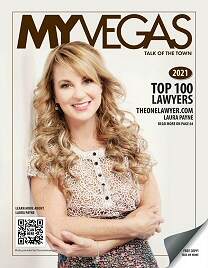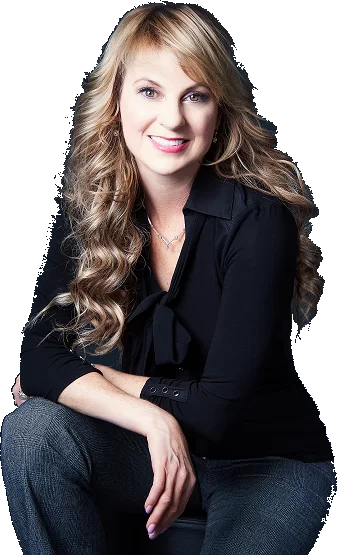WHAT IS A COPYRIGHT AND WHAT CAN IT PROTECT
Estimated Reading Time: 11.4minutes
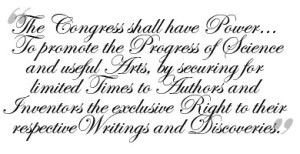
FIVE FACTS TO UNDERSTAND ABOUT A COPYRIGHT
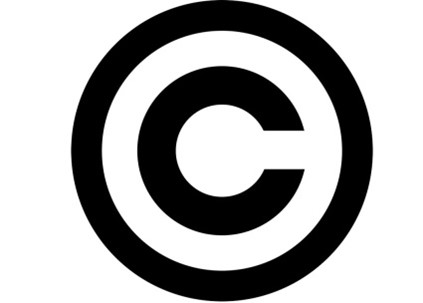
- Copyright Protection is found in the US Constitution.
Article I, Section 8, Clause 8 of the United States Constitution, known as the Copyright Clause
Stated above
- Copyright covers published and unpublished works.
- Copyrights protect original works of authorship including books, movies, songs, architecture, plays, computer software, dance routines, and most original written works
- Copyright does not protect ideas, facts, or how something works.
- A Copyright is different from a trademark in that a trademark protects phrases, symbols or designs which designate the source or label of goods.
The U.S. copyright law is found in the Copyright Act, which is codified in Title 17 of the United States Code. Copyright Office regulations are codified in Title 37 of the Code of Federal Regulations. Copyright Office practices and procedures are abridged in the third edition of the Compendium of U.S. Copyright Office Practices, cited as the Compendium. The copyright law, regulations, and the Compendium are found free to the public on the Copyright Office website at https://www.copyright.gov/
What is the definition of a Copyright under the Law?
Copyright is generally defined as “the exclusive legal right to reproduce, publish, sell, or distribute the matter and form of something (such as a literary, musical, or artistic work.” https://www.merriam-webster.com/dictionary/copyright A Copyright is a form of legal protection that is found in the in the U.S. Constitution and grants protections of law to “original works of authorship” fixed in a tangible medium of expression. It is important to note that Copyrights cover published and unpublished works. However, to bring a lawsuit for copying of your legal written or artistic work, you must have obtained a copyright to be allowed to sue for infringement of your copyright protected work.
Exactly What Type of Works Do Copyrights Protect?
A Copyright one type of intellectual property protection afforded by the US Constitution to protect “original works of authorship.” Copyrights do not protect “facts, ideas, systems, or methods of operation.” Examples of copyrightable works include the following:
Literary works;
Musical works( including any accompanying words);
Dramatic works, (including any accompanying music);
Pantomimes and choreographic works;
Pictorial, graphic, and sculptural works;
Motion pictures and other audiovisual works;
Sound recordings;
Architectural Drawings.
This list contains the types of works that are copyrightable and are construed broadly for copyright purposes.
What do Copyrights Not Protect?
Copyrights do not and cannot protect every type of expression. The following are some of the things that are not protected under copyright protections: “Ideas, procedures, methods, systems, processes, concepts, principles, or discoveries, works that are not fixed in a tangible form (such as a choreographic work that has not been notated or recorded or an improvisational speech that has not been written down), titles, names, short phrases, and slogans, familiar symbols or designs, mere variations of typographic ornamentation, lettering, or coloring, mere listings of ingredients or contents, typeface, fonts, lettering, layout and design. In fact, as a general rule, the Copyright Office will not accept a claim to copyright a “format” or “layout.” The US copyright office states in their advisory materials that “The general layout or format of a book, page, book cover, slide presentation, web page, poster, or form is copyrightable because it is a template for expression. Copyright protection may be available for the selection, coordination, or arrangement of the specific content that is selected and arranged in a sufficiently creative manner. The claim, however, would be limited to the selection and arrangement of that specific content, not to the selection and arrangement of any content in that particular manner.” https://www.copyright.gov/circs/circ33.pdf
How Do I Get a Copyright to Protect my Work?
Although Your work is under copyright protection the moment it is “created and fixed in a tangible form that it is perceptible either directly or with the aid of a machine or device,” you cannot bring a lawsuit and recover damages for infringement unless you have obtained copyright protection.
In order to register your work for a copyright with the US copyright office, you must submit an application form, and a nonreturnable copy of the work that you are registering. https://www.copyright.gov/circs/circ01.pdf#page=7 An application for copyright registration must contain three necessary parts:
1) An application form
2) A nonrefundable filing fee;
3) A nonreturnable deposit which means a copy of the work being
registered and “deposited” with the Copyright Office.
When your registration certificate is issued by the Copyright Office the effective date of registration will be the date the office received all required information and payment in the proper form, regardless of how long it took to process the application. The office will mail the certificate of registration once the process is complete. The time to review applications and issue certificates varies depending on the amount of material the office is receiving and the method of application. You can apply to register your copyright online or via US mail. If you mail anything, be sure to keep copies of everything you send and send with tracking. Fees range from $35.00 to $55.00 dollars. https://www.copyright.gov/fls/sl35.pdf For additional general information, you can call the Copyright Public Information Office at (202) 707-3000 or 1-877-476 0778 (toll free). Staff members are on duty from 8:30 am to 5:00 pm, eastern time, Monday through Friday, except federal holidays. Recorded information is available 24 hours a day. To request paper application forms or circulars, call (202) 707-9100 and leave a message. You can mail in your application to Library of Congress Copyright Office–PUB 101 Independence Avenue, SE Washington, DC 20559. For more information or to file online, go to the Copyright Office’s website at www.copyright.gov.
What is the difference between a Copyright and a Trademark?
Copyright protects “original works of authorship” whereas a trademark protects “words, phrases, symbols, or designs identifying the source of the goods or services of one party and distinguishing them from those of others.” Think of it like this, a book or movie is protected by copyright, and a symbol like the Apple with a bite out on the iphone or the swoosh of Nike are trademarks. Watch for an upcoming blog on trademarks for more detail.
What is the Benefit of Registering my Work for a Copyright?
I highly recommend protecting your original work with a copyright. Plagiarism is not illegal in the United States even though schools and the work place can inflict very harsh consequences. Plagiarism is a moral and ethical issue, not a legal issue. If you register your work, your copyright is public record and you have a certificate of registration. Registered works may be eligible for statutory damages and attorney’s fees in successful litigation. In addition, if registration occurs within five years of publication, it is considered prima facie evidence in a court of law. https://www.copyright.gov/circs/circ01.pdf Copyright infringement is legal statutory authority for suing the infringing party for damages if they use your work. If you have a copyright to your work, you can sue them and also file a DMCA Takedown Notice for work online to have the post taken down. The DIGITAL MILLENNIUM COPYRIGHT ACT can be found at https://www.copyright.gov/legislation/hr2281.pdf
Once you obtain a copyright, copyright infringement is automatic. If your copyrighted work is used without your permission in a way that violates your exclusive rights, the unauthorized user is engaging in copyright infringement. In order to have a claim, there are three elements of infringement:
- Your work has a valid copyright
- Your work is used without your permission
- The use is in a manner for which you have exclusive rights which is most unauthorized use.
What does “poor man’s copyright” Mean and does it work?
I have heard people talk about what has been referred to as a “poor man’s copyright”. This was historically the practice of sending a copy of your own work to yourself in a sealed envelope and not opening the envelope. It is important to understand that there is no provision in the copyright law regarding any such type of protection, and this practice will not be recognized as a legal copyright in the United States.
Is Copyright Registration Necessary to Protect my Work from Plagiarism?
No. In general, registration is voluntary. Copyright exists from the moment the work is created. You will have to register, however, if you wish to bring a lawsuit for infringement of a U.S. work.
See https://www.copyright.gov/circs/circ01.pdf
Will my Copyright be Recognized in other Countries?
The United States has copyright relations with most countries throughout the world, and as a result of these agreements, we honor each other’s citizens’ copyright in many but not all countries Click here https://www.copyright.gov/circs/circ38a.pdf for a list of countries and the nature of their copyright relations with the United States, International Copyright Relations of the United States.
Can You use a Pen Name to Register Instead of your Real Name.
The answer is yes, there is not a legal requirement that the author, composer, choreographer, etc. be identified by their name on the application form. For further information, see https://www.copyright.gov/fls/fl101.pdf . It is important to note that ownership of the copyright will be under a fictitious name. It would be wise to contact an attorney before filing under a pen name.
Your personal information will be available to the public when you receive your Copyright.
This is important to know. When you register your claim to a copyright in a work with the U.S. Copyright Office, you will be making a public record. All of the information you provide on your copyright registration is available to the public and will be available on the Internet. https://www.copyright.gov/registration/docs/processing-times-faqs.pdf
Can a domain name be Copyrighted?
“Copyright law does not protect domain names. The Internet Corporation for Assigned Names and Numbers (ICANN) https://www.icann.org/, a nonprofit organization that has assumed the responsibility for domain name system management, administers the assigning of domain names through accredited registers.” However, original contents on a website may be protected by copyright. “This includes writings, artwork, photographs, and other forms of authorship protected by copyright.” For Procedures for registering the contents of a website go to https://www.copyright.gov/circs/circ66.pdf Copyright Registration of Websites and Website Content. For additional information on specific things that can be subject to copyright, go to https://www.copyright.gov/help/faq/faq-protect.html#domain
How Long does the Process Take?
The Copyright Office’s processing times vary based on many factors including the following:
- Difficulty level of material.
- Whether physical deposit was online or paper;
- Whether the Copyright Office needs additional information;
- The Number of staff available at any given time;
For questions on pending claims, please contact the Public Information Office by phone at (202) 707-3000 or 1-877-476-0778 (toll-free), or online at www.copyright.gov/help. The average claim filed online takes three months without correspondence and the average claim filed by mail takes 6 months. For more specific timeline information see: https://www.copyright.gov/registration/docs/processing-times-faqs.pdf
At the Law Offices of Laura Payne-Hunt, TheOneLawyer, we provide professional and personal service to each and every one of our clients. Although we handle personal injury matters, with 20 years’ experience, we can refer you to specialists in most fields of law that we have personal knowledge regarding their ability. If you have a question regarding any type of personal injury or paying your medical bills from an accident, please don’t hesitate to call the offices of TheOneLawyer.com and speak directly to attorney Laura Marie Payne-Hunt, Esq. a Henderson Injury Attorney for over 15 years. Laura is recognized as one of Nevada’s Top 100 Lawyers. She has the experience and knowledge to obtain the maximum settlement you deserve. Please call our office if you or a loved one is injured. We can make sure that you receive the care you need and deserve and advise on how to preserve evidence.
At our office, we are experienced in helping injured victims get the compensation they are entitled to. Insurance companies never have the best interest of the injured person at the top of their priorities. They want to pay as little on every claim as possible. Having worked for an insurance company as an attorney for 9 years before opening my boutique law firm specializing in helping injured people, I have reviewed thousands of auto accident claims and policy provisions.
At the Henderson and Las Vegas Accident injury law offices of TheOneLaweyer.com, Laura Marie Payne-Hunt and her staff are here to help you and your family in the event that accidents and tragedies occur. For any of your legal needs, do not hesitate to contact our Henderson and Las Vegas Accident injury offices. TheOneLawyer.com is a boutique, family owned law firm that specializes in helping injured people and the community of Las Vegas and Henderson Nevada with legal issues involving auto accidents, wrongful deaths, slip and falls, truck accidents, injuries to children, bicycle accidents, dog bites, product liability claims, and all types of injury claims. Please do not hesitate to call us anytime you have a legal question or you or a loved one has sustained an injury at 702-450-(HUNT) 4868 and text 24/7 at 702-600-0032.

